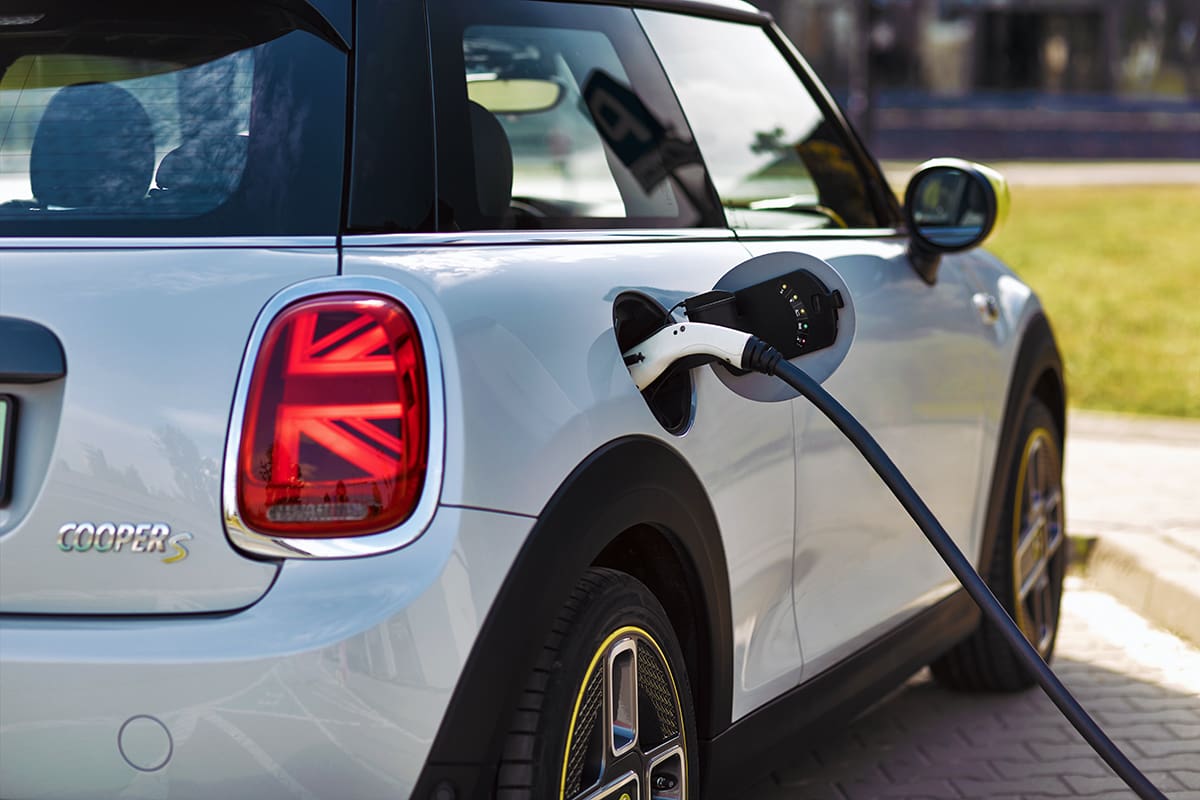It’s 2023 and all signs are pointing towards a future filled with zero-emission vehicles. More than 13.9 million new vehicles were sold in the US in 2022, with many of them being first time purchases of battery electric vehicles (BEVs) or PHEV (plug-in hybrid electric). Total EV sales almost doubled from 2021 to 2022 and experts expect that this year will be the biggest sales year for electric vehicles in history so far. EV market share hit 7% (up from 2.5% in 2021), and these numbers bode well for meeting President Biden’s goal of 50% by 2030. Bigger inventory, a more diverse roster of EV options, and an aging millennial market are all contributing elements that may factor into the predicted 14.7 million EV unit sales in 2023.
Given that automakers are planning on spending $1.2 trillion to produce millions of new electric vehicles in the next 7 years, and that the Biden-Harris administration has already unlocked $5 billion to facilitate the growing network of local ev charging stations across the United States in the next 5 years, it is fair to anticipate that the number of EVs hitting the road will continue to grow in the future. The exponential growth of EV drivers will also create a larger demand for local EV charging stations (EVSE). There are many ways your business could benefit from hosting local EV charging stations, but let’s take a deeper dive into how we got here.

Why More Drivers Are Switching To Electric Vehicles
Although sales of internal combustion engine vehicles (ICE) continued to dominate the majority of new vehicle sales in 2022, this is a statistic that is dropping and will inevitably continue to do so in the future for a host of reasons. The biggest of which are financial.
Financial Incentives For EV Owners
The new year ushered in Internal Revenue Code Section 30D, which offers up to $7500 back on the purchase of a new electric vehicle. Reduced fuel cost is another big swaying factor for the switch to EV. On average, EV drivers save $1000 per year by switching to electric. The convenience of charging overnight at home, or at a business such as yours while they shop could also be a nice perk. Prospective car buyers may also consider that electric vehicles are typically cheaper to maintain than their gas-fueled counterparts, and owners can save an average of $4600 over the lifespan of their vehicle. All of these benefits collectively can also take the sting out of the typically higher sticker price of an electric vehicle, or make buying a used EV all the more enticing.
More Car Manufacturers are Gearing Up for an all Electric Future
The tides are shifting away from fossil fuels. While many automakers are still invested in ICE designs, there is a growing market for electric vehicles and increasing pressure from state governments to transition to zero-emissions. EV trucks and SUVs, for instance, are slated to have a banner year in 2023, and automakers are transitioning towards an all electric future. At this point, it’s likely a matter of when, and not if. Companies are feeling the pressure of states like California, or these 17 others that have made public commitments to zero-emissions within the next 15 years. Ford is investing $22 billion through 2025 into BEVs, with plans of carbon neutrality by 2050. Toyota, maker of the Prius, already only sells EVs and hybrids in Europe as of this year, and is phasing all gas powered cars out by 2040. Even luxury vehicle maker, Bentley, is on board for an EV future as the company has committed to only producing PHEV or BEV by 2016.

How Your Business Can Meet The Needs Of Growing EV Sales By Offering Local EV Charging Stations
With more EVs on the road comes a greater need for safe, reliable electric vehicle charging stations (EVSE). The next few years will see the continued growth of EV sales and drivers looking for places to charge outside of their homes. Most people, on average, drive less than 35 miles a day, so a local network of convenient, abundant charging stations will be necessary to facilitate the coming EV boom.
The Biden-Harris administration has specific goals for having 500,000 charging stations available to grow the national charging infrastructures by 2030, and currently there are incentives in places to encourage business to help make this a reality. Check with your local government to see what might be available to your business, and call us today to see how you can benefit from installing local EV charging stations on your property.





